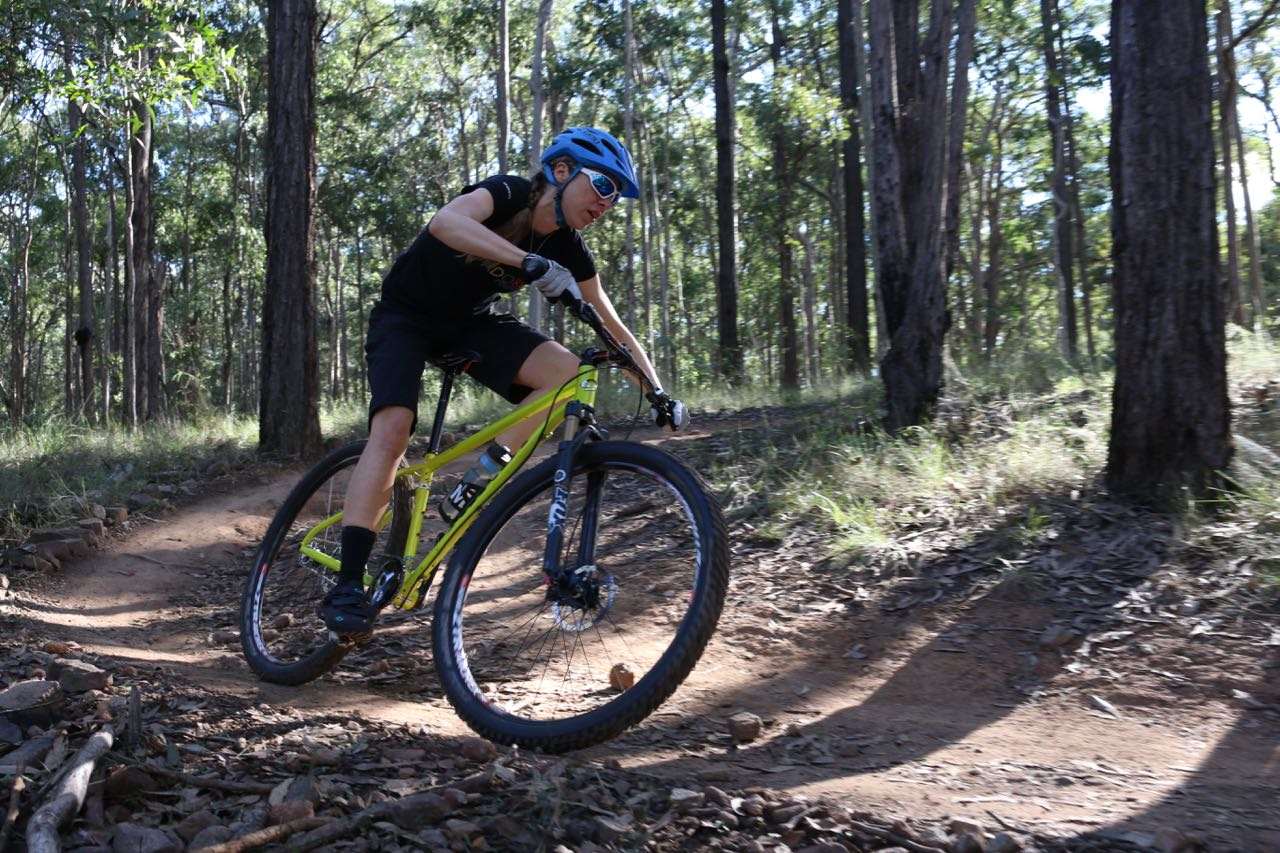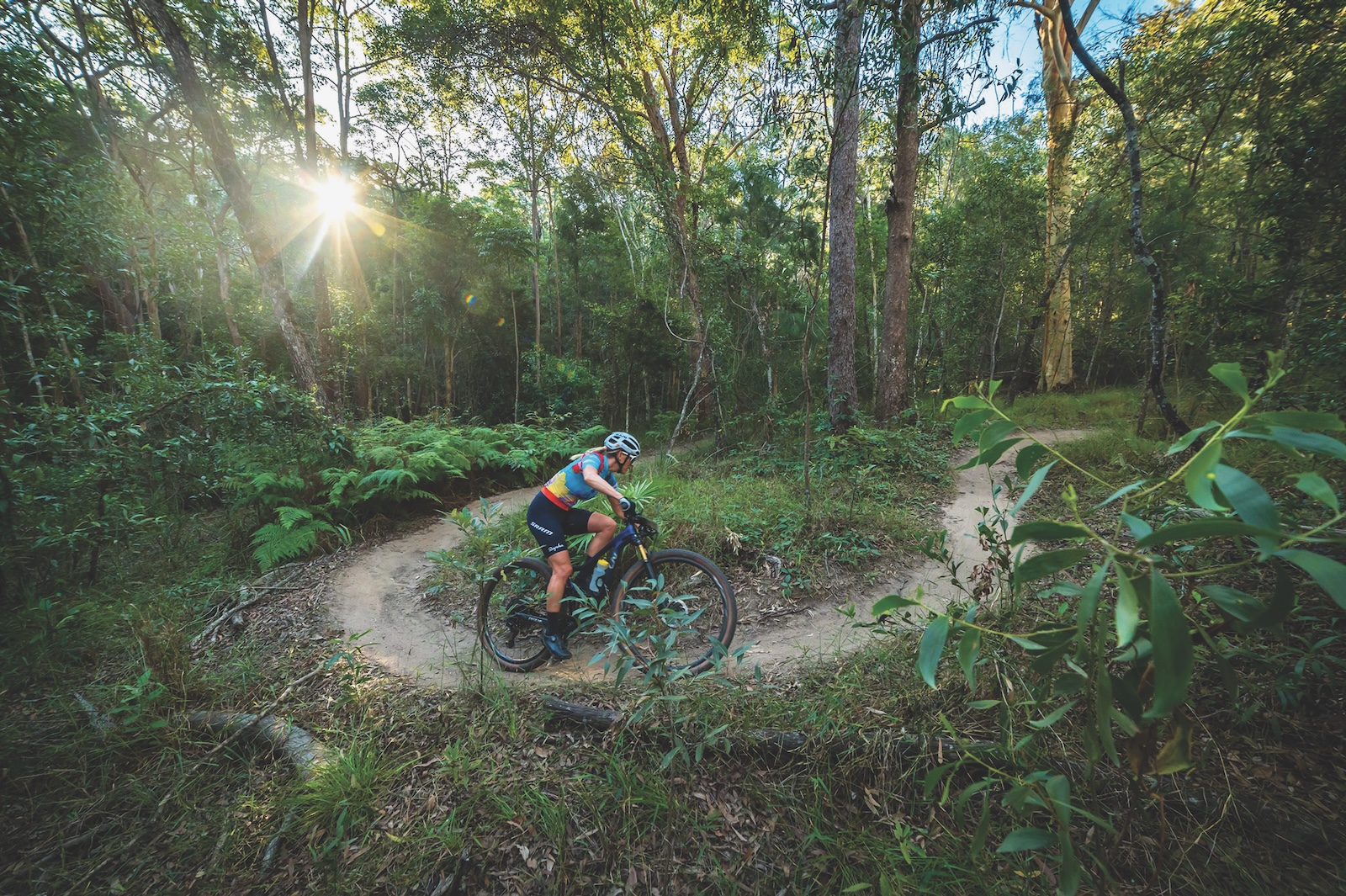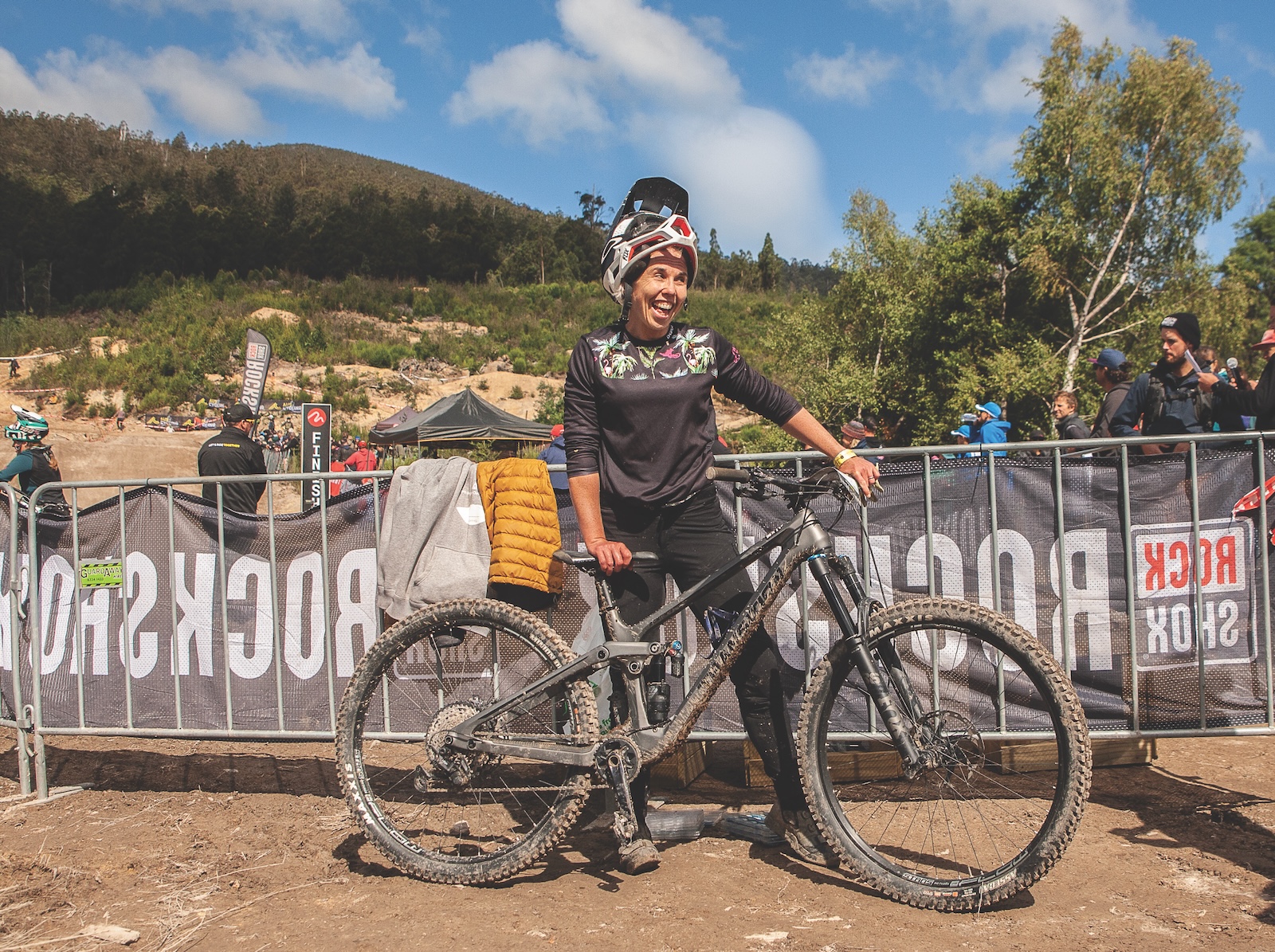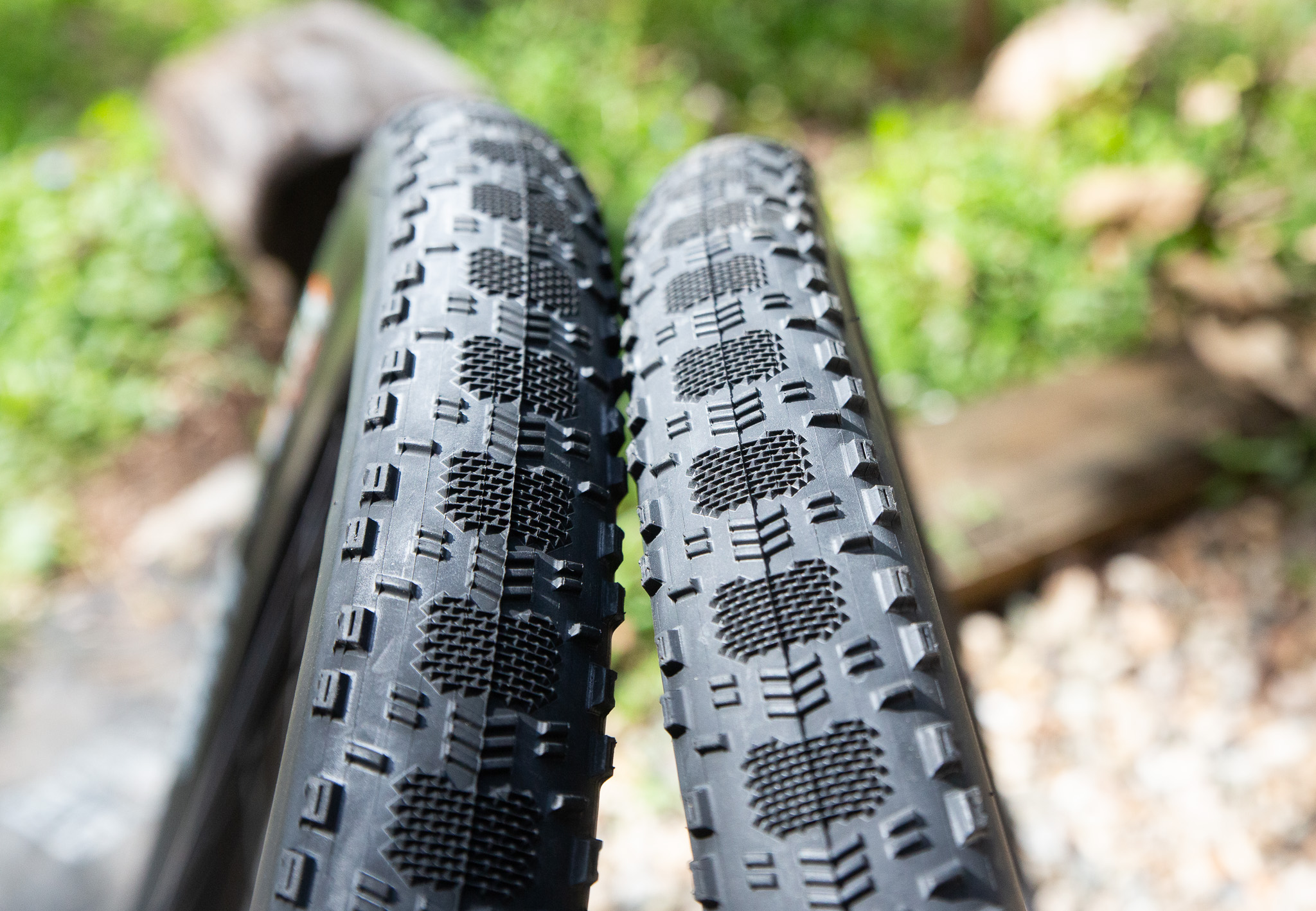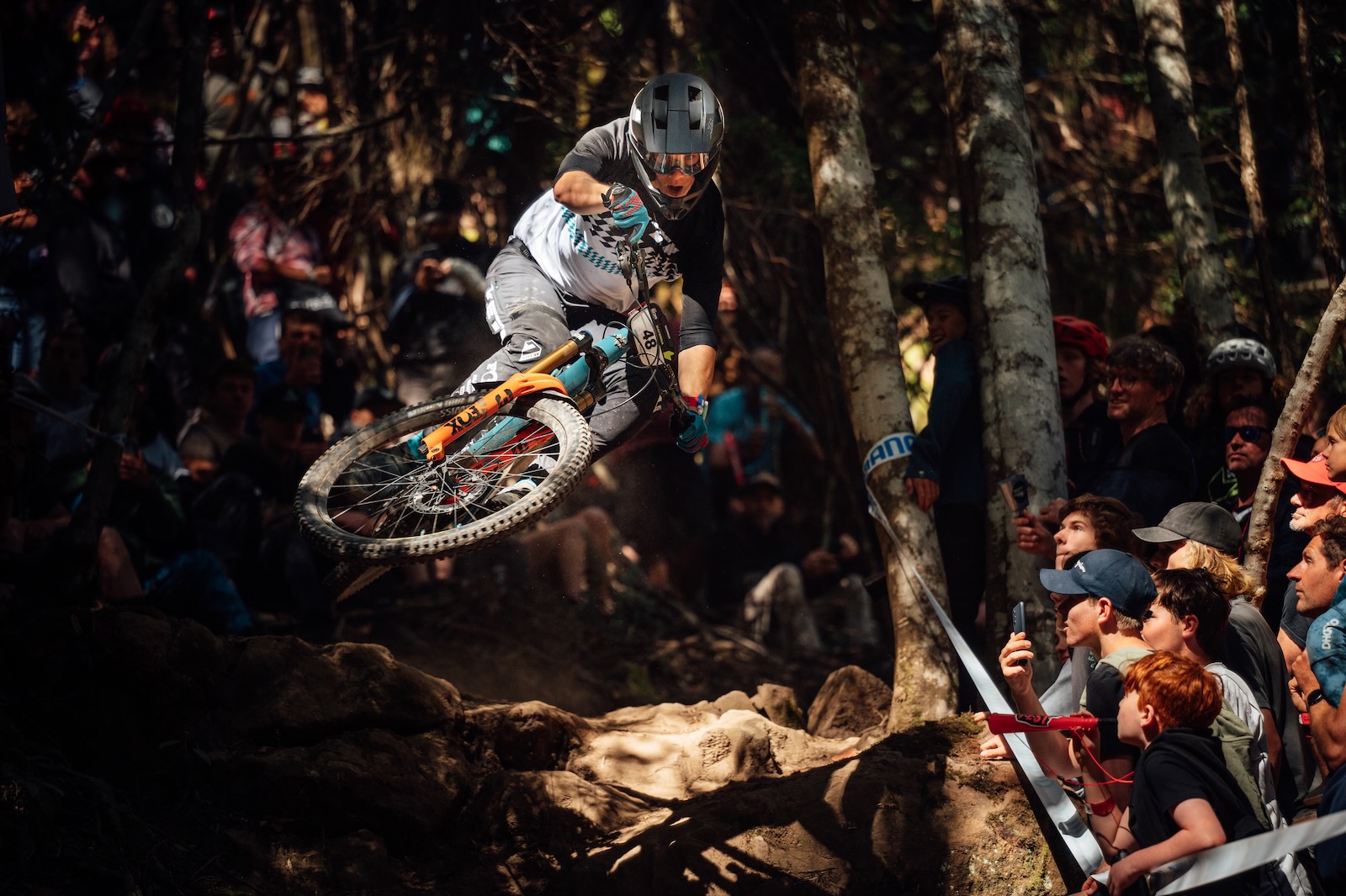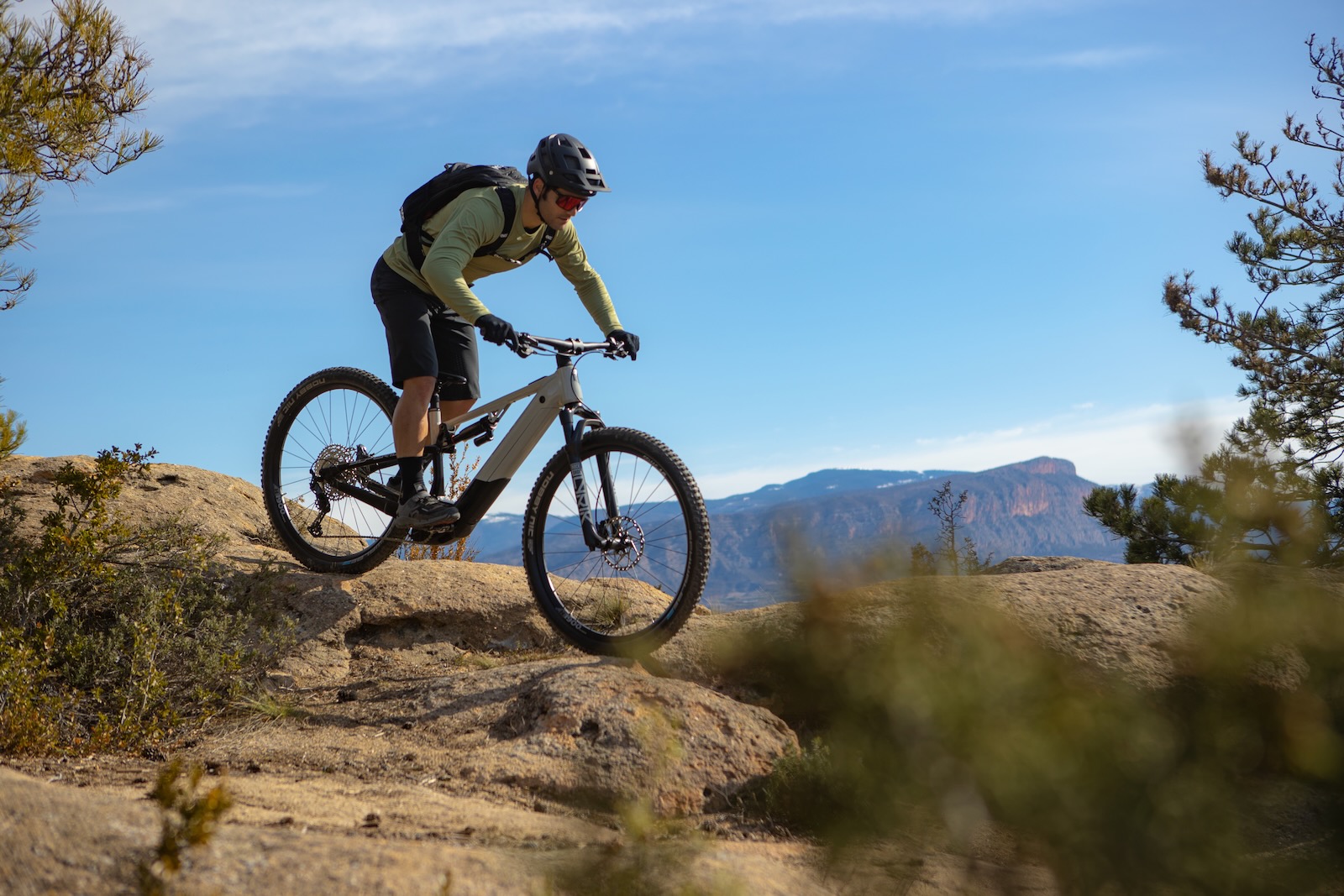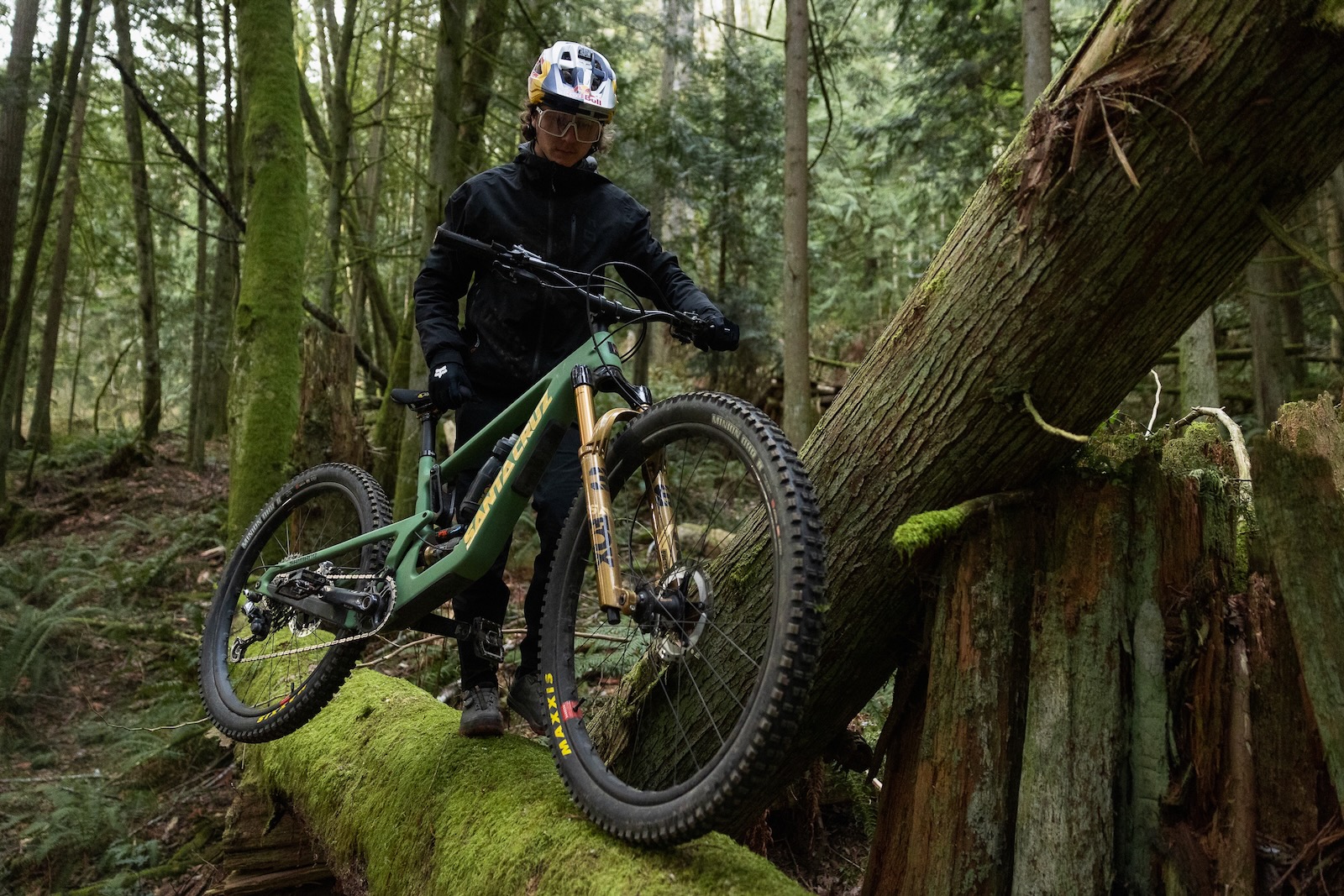TESTED: Niner SIR 9
Niner was founded in on a single, crazy idea.
Niner was founded in on a single, crazy idea. In 2005 the 26-inch wheel ruled, but the company’s founder Chris Sugai was convinced that 29-inch bikes were the ultimate way to ride. He didn’t care if the ultimate way was niche, and it definitely was then – Niner is a brand for aficionados, for enthusiasts, for people willing to spend a bit extra to get something special, and always will be.
Ten years later we may have a couple of wheel sizes to choose from, but 29 inch wheels have more than superceded the 26 inch versions and the mainstream agrees bigger wheels are the ultimate way to ride. The future has been kind to Niner, but they’re still close to the ethos they were founded on – that your bike should be a little bit different, and a little bit special.
And it’s fitting that any bike featured in our N+1 story is a little bit special. Niner’s flagship steel MTB is the SIR 9 (Steel Is Real – geddit?) and it’s as slick, as beautiful, and as clean as you could wish it to be. While the bike can be built as both singlespeed and a standard geared bike, our N+1 device is one gear only – a build choice that’s helped along by Niner’s BioCentric bottom bracket that lets you tune chain tension without any unsightly bolt-on devices, and cunningly engineered extras like removable cable stops. Best of all though is the custom bent double-butted Reynolds 853 steel mainframe that gives a supple, responsive ride in a lightweight package.
Initial Impressions
As we’ve said, this is a beautiful machine, with flawless paintwork and decals (the frame comes in ‘crystalline white’ or the electric ‘blaze yellow’ we tested). The smooth finish is set off with really attractive extras like the Niner RDO red handlebars, stem, and seatpost. Its first ride on dirt was a tough one because this is one of those machines that are just too elegant to get dirty: What if a stone flicks up… ? A crash… ?
We ran a 19-tooth rear sprocket throughout testing, but if you’re lucky enough to own an N+1 like this one, you’ll want to grab a few to keep for different terrain. Many riders assume that singlespeeder bikes are great on the flat, where the gradient doesn’t change, but aficionados know that the beauty of a single gear is about monstering the climbs then working the Ds and the flats to your advantage, and spending hours in the garage agonising over whether to run the 21 or the 20.
In an age of digital technology, where our lunchboxes are made from carbon fibre and our cars could survive a trip around the moon, steel is sometimes associated with luddites – with technophobes – or worse, with the kind of modern lumberjack movement that finds new appeal in the superceded past. We all know at least one guy who carries a hipflask and has a polished wood cover for his iPhone 6. Don’t be fooled. This is not Niner’s market. The Niner is more about substance – its style is just a by-product.
Niner have brought steel into 2015 with all the contemporary trimmings of hi-tech bike design you’d normally associate with carbon fibre, including a headtube that accommodates a tapered or 1-1/8 fork, a fat BioCentric II bottom bracket shell, and a 142×12 rear dropout, with a Maxle. A tremendous amount of engineering, research, and development have gone into the construction of the steel frame itself, where the Reynolds 853 DZB steel has been shaped to lower weight and reduce torsional flex around the specific demands of 29er geometry, with outstanding results where handling is concerned.
The BioCentric II bottom bracket, which is a Niner patent, contributes to the clean smooth look of the bike and the rattle-free ride – eliminating the need for adjustable dropouts, chain tensioners, and other unsightly bolt-ons. Taking adjustable dropouts out of the equation means the Niner can offer a 142×12 rear ‘Maxle’ without the flex that a sliding dropout system might otherwise introduce into such a wide rear triangle – more evidence of an intelligently-designed steel frame.
The BioCentric II bottom bracket differs from other eccentric bottom bracket (EBB) designs in that it offsets the BB spindle 8.5mm from the centre, providing greater range of adjustment compared with other eccentric BBs. The BioCentric takes other EBB innovations further in that it is held in place with two bolts that apply force to the outside edges of the BB shell, eliminating some of the problems with fitting, adjusting, and even shell ovalising that can plague different EBB configurations. Niner say that their BioCentric II design will ‘change your ideas about singlespeed drivetrain setup and maintenance’, but for those of us who are just getting an N+1 singlespeed for the first time it will do something even better: it will simplify setup so much that you don’t even know how lucky you are. The Shimano Hollow Tech 2 bottom bracket cups were threaded right in, and remained silent the whole test period.
On The Trail
If you haven’t tried a steel bike since you last rode your 24-inch cruiser up and down the street as a kid, it might be time to remind you why it’s special. Steel is an incredibly forgiving material that soaks up more feedback and vibration than carbon and responds with grace and suppleness to the roughest of trails. Steel has one small problem though – it’s not cheap to make it light, so it fell from favour with manufacturers when aluminium, then carbon fibre, meant lightweight, strong frames were cheap to mass produce.
Still, plenty of people hanker after that compliant, responsive ride feel, and technology like Reynolds 853 steel means that, with a bit of thought, it’s possible to make a bike that’s compliant and smooth, but lightweight enough to be a serious competitor to its carbon counterparts. The SIR 9 is that bike.
On the trail this N+1 bike not only transports you to a world of buttery steel riding, it also takes you into the zen zone of the singlespeed, where every piece of sensory information extraneous to the trail melts away, and it’s just you, your bike, and a curving line of dirt. No chain slap. No missed shifts, No chain suck.
With obsessive attention to detail, much of it gleaned from customer and factory team feedback, as well as the ride fanatics that staff the brand, it’s little surprise that Niner have got the geometry spot on. The bike is relaxed and upright enough to give you confidence down rock gardens and in the air, but compact and tight enough to give the corners a bit of a whipping and keep the machine responsive to rider input.
This is helped by Niner’s fantastic RDO accessories, particularly the 710mm carbon Flat Top handlebars, which have a lovely understated sweep that teamed perfectly with the matching stem, which we ran slammed at a negative six degree angle to give a bit of race feel. The handlebars can even be flipped to get a little more drop if that’s what you need. The Fox Float FiT CTD suspension fork performed reliably, and we found the 100mm travel was plenty, especially when teamed with the forgiving Schwalbe Hans Dampf 2.35 front tyre, and the Schwalbe Racing Ralph 2.25 rear. This tyre set-up was beefy enough to see us over all kinds of terrain, and performed really well in skatey and slippery conditions, but could be toned down a bit if your N+1 riding tends more towards the trail or XC end of the spectrum.
The Stan’s NoTubes Arch EX rims are stiff for hardtail duties, and although not the lightest in the Stan’s stable, they’re tough enough to handle a variety of ride styles but light enough to look after you on the ups as well as the downs – especially on a singlespeed where we might occasionally compromise finesse for the sake of momentum. DT Swiss hubs are known for their reliability and longevity, and although the 350s are actually made in Asia rather than in the company’s eponymous Switzerland, we’ve seen little reason to believe that quality has been compromised.
The WTB saddle was a great lightweight saddle and an adaptable place to start if you don’t already have a personal favourite. The beauty of the Niner is that whatever type of riding you prefer to do on your +1 rig, there’s a build kit to customise right to your taste and budget – just visit the Rowney Sports website to see what’s on offer. There’s tonnes of room to customise your SIR 9 – for example, while we ran 160mm rotors, the post-mount brake bosses on the frame are rated to accept 185mm, for serious stopping. Ou could even choose to spec gears!
Our Take
Still very much a boutique company, the team that produce Niner bikes genuinely care about quality, ride, feel, and look, and it shows. This bike’s strengths are its versatility, its relatively simple set-up, and its marriage of classic steel and contemporary design features. The frame will last, but even with its incredible simplicity, this is a premium addition to your stable of bikes. While this bike touches the $5,000 mark, you can build it up to your own specifications from the $1500 frame, and even convert it to a geared bike if your N+1 becomes your N.
This is the perfect N+1 bike for someone looking for simplicity, for beauty, and for the purity of the ride.
For more details contact Rowney Sports
Three things you liked about the bike:
- Gorgeous frame engineering and finish
- This build was a perfect SS spec, with beefy tyres and rims and all-over quality components
- Reynolds 853 steel frame gave a truly superb ride feel
Three things you would change about the bike:
- Change tyres for something smaller and lighter if you’re riding light
- Gear for the climbs – we’d have loved to try a 20 or even 21T sprocket on our hilly home trails
- A rigid Niner carbon or Reynolds steel fork would add another dimension of cool to this N+1 ride

